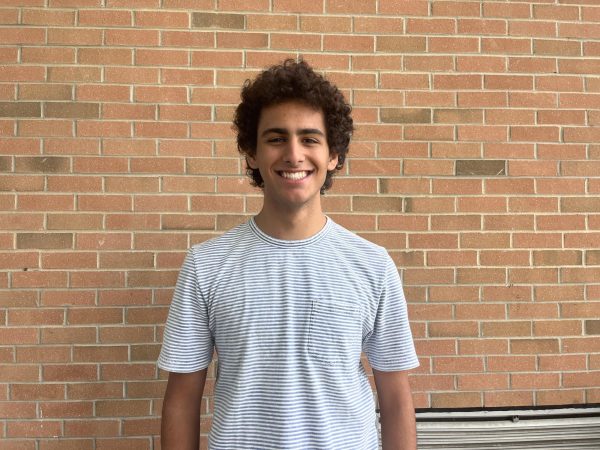On June 20, Sidwell partnered with Middlebury College’s James Martin Center for Nonproliferation Studies to hold a one-day seminar for high school students about the importance of nonproliferation. Among the speakers were recently graduated college students, professionals and State Department employees whose adult lives have been devoted to researching viable solutions to nuclear expansion.
The day’s content centered around disarmament concerning nuclear, chemical and biological weapons. Aside from the technological aspects of weapons of mass destr uction (WMDs), the speakers were equally as interested in their impact. To drive home the personal effect WMDs have on a population, one speaker shared his personal connection to the US bombings in Japan.
“Hearing his story helped me further realize the importance in ensuring a safer world for all people both now and in the future,” junior Maina Vaidya shared. “To avoid escalating conflicts and continuing the arms race, diplomatic relationships and nuclear deterrence must be prioritized. Through research, partnerships and treaties, the US can help lead the global discussion on ending the distribution of WMDs.”
“As a student who knew very little about nonproliferation previously but is interested in the international community and peacekeeping politics, this summit was an amazing opportunity to delve further into a particular topic and network with professionals who have a wealth of information,” senior Emily Klein said.
Students spent the day attending various workshops hosted by professors and professionals in non-proliferation. They began the day by hearing from Charles Mahaffey, the Deputy Assistant Secretary for the Bureau of International Security and Nonproliferation at the State Department, who talked about the role of U.S. government agencies in international peacekeeping and non-proliferation. The Sidwell students shared that his talk was particularly impactful because his work is making active strides to analyze international policy around nuclear weapons.
Next, they heard from David Schmerler from CMS, who explained various intelligence-gathering methods for atomic activity and testing. His interactive presentation detailed nuclear activities in China and North Korea and compared his data to mainstream news. Before lunch, they heard from Dr. Chen Kane, an expert in Middle East nonproliferation.
“[Dr. Kane’s] talk was most impactful to me as she talked about the role of the UN, the State Department, and global policy in the Middle East,” Klein said.“I connected with her after the workshop on a personal level and about her experience as an Israeli citizen working in peacekeeping.”
After lunch, they explored various case studies, such as Hiroshima and young student activism. They also learned about biological and chemical weapons of mass destruction and their potential impacts on communities.
“I would definitely encourage everyone to familiarize themselves with nonproliferation and focus their attention on efforts surrounding it,” Vaidya said. “Without movements ensuring peace, little other progress can be made.”

















































